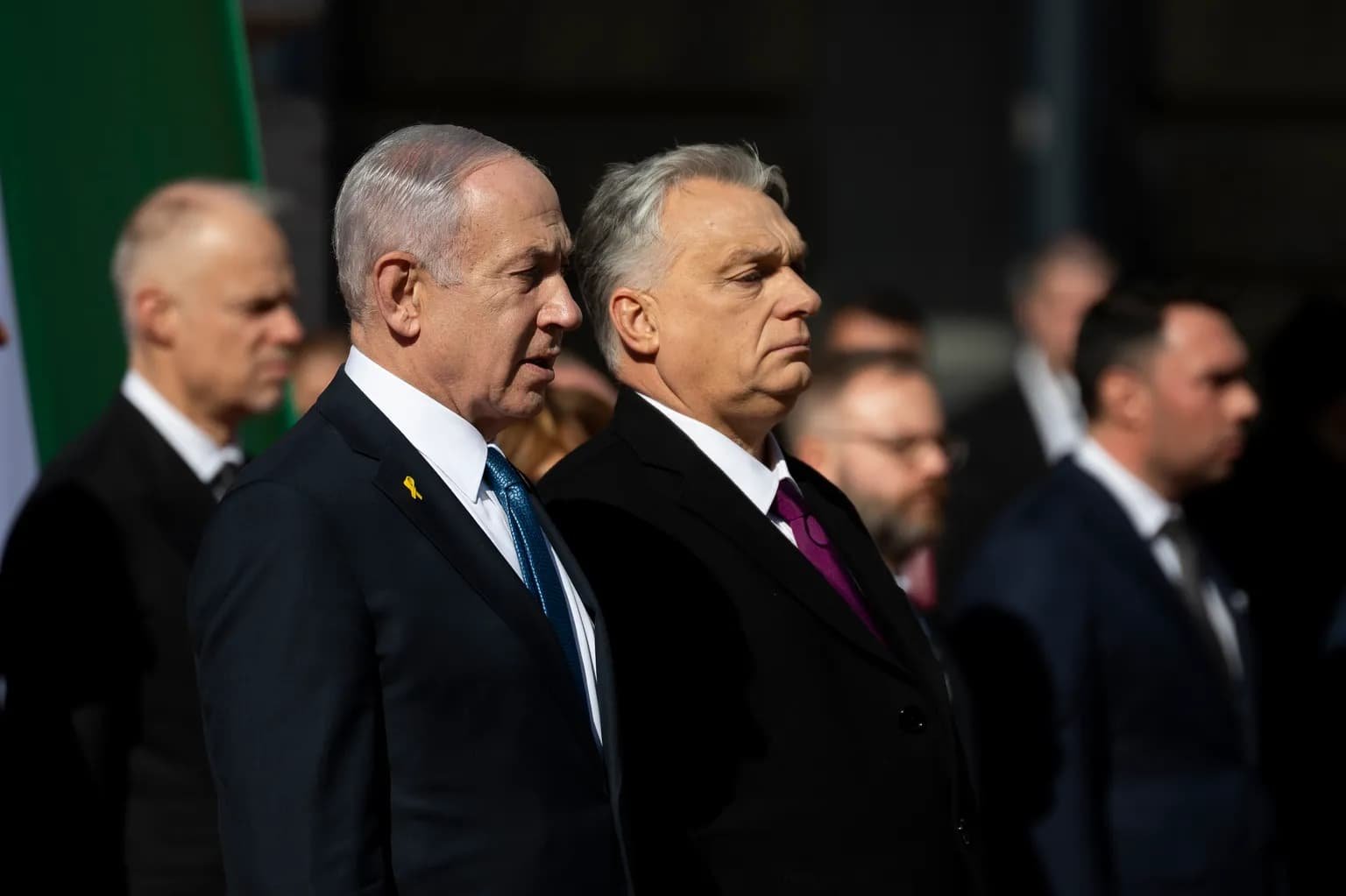Hungary has officially declared its intention to withdraw from the International Criminal Court (ICC), citing concerns over the court’s politicization. The announcement coincided with the arrival of Israeli Prime Minister Benjamin Netanyahu in Budapest for an official visit.
Prime Minister Viktor Orbán’s administration expressed dissatisfaction with the ICC’s recent actions, particularly the issuance of an arrest warrant against Netanyahu for alleged war crimes in Gaza. Orbán criticized the ICC as a “politicized institution” and stated that Hungary would initiate the formal withdrawal process, which involves parliamentary approval and notification to the United Nations. The withdrawal is expected to take effect in approximately one year.
Netanyahu, who faces an ICC arrest warrant related to Israel’s military operations in Gaza following the October 2023 Hamas-led attack, praised Hungary’s decision. He described the move as “bold and principled,” emphasizing Israel’s right to self-defense.
Hungary’s decision marks a significant shift, making it the first European Union member state to announce its departure from the ICC. The European Union has expressed regret over Hungary’s move, noting that the withdrawal process requires a year to complete and does not negate ongoing cooperation obligations.
Legal experts warn that Hungary’s withdrawal could have broader implications, potentially positioning the country as a sanctuary for individuals facing international arrest warrants. The ICC, lacking its own enforcement mechanisms, relies on member states to detain and surrender suspects.
This development underscores the growing tensions between certain national governments and international judicial bodies, raising questions about the future efficacy and authority of institutions like the ICC.





